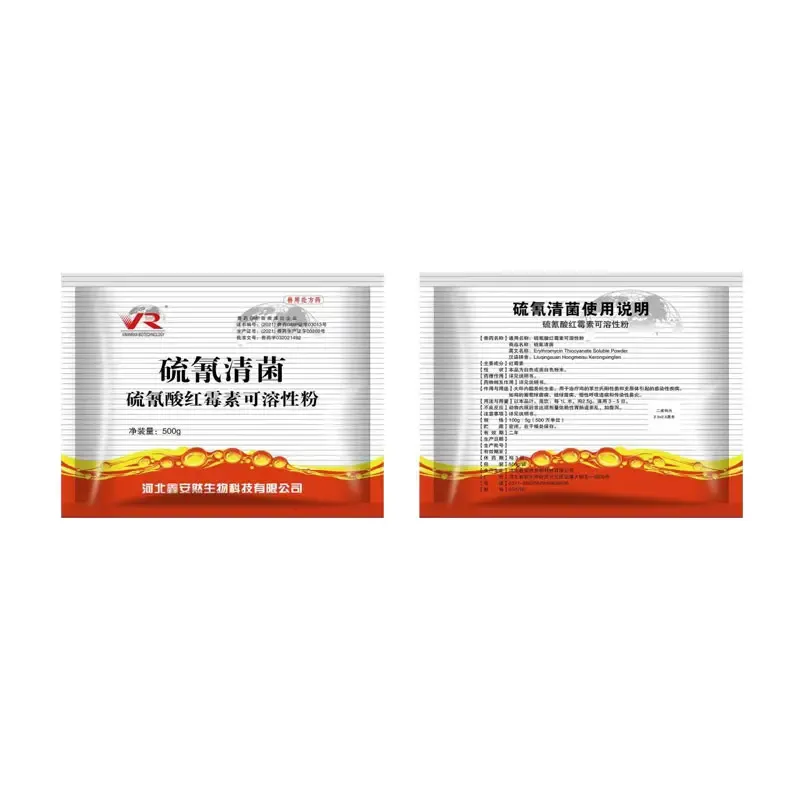- Afrikaans
- Albanian
- Amharic
- Arabic
- Armenian
- Azerbaijani
- Basque
- Belarusian
- Bengali
- Bosnian
- Bulgarian
- Catalan
- Cebuano
- Corsican
- Croatian
- Czech
- Danish
- Dutch
- English
- Esperanto
- Estonian
- Finnish
- French
- Frisian
- Galician
- Georgian
- German
- Greek
- Gujarati
- Haitian Creole
- hausa
- hawaiian
- Hebrew
- Hindi
- Miao
- Hungarian
- Icelandic
- igbo
- Indonesian
- irish
- Italian
- Japanese
- Javanese
- Kannada
- kazakh
- Khmer
- Rwandese
- Korean
- Kurdish
- Kyrgyz
- Lao
- Latin
- Latvian
- Lithuanian
- Luxembourgish
- Macedonian
- Malgashi
- Malay
- Malayalam
- Maltese
- Maori
- Marathi
- Mongolian
- Myanmar
- Nepali
- Norwegian
- Norwegian
- Occitan
- Pashto
- Persian
- Polish
- Portuguese
- Punjabi
- Romanian
- Russian
- Samoan
- Scottish Gaelic
- Serbian
- Sesotho
- Shona
- Sindhi
- Sinhala
- Slovak
- Slovenian
- Somali
- Spanish
- Sundanese
- Swahili
- Swedish
- Tagalog
- Tajik
- Tamil
- Tatar
- Telugu
- Thai
- Turkish
- Turkmen
- Ukrainian
- Urdu
- Uighur
- Uzbek
- Vietnamese
- Welsh
- Bantu
- Yiddish
- Yoruba
- Zulu
10 月 . 31, 2024 02:53 Back to list
deworming medicine for sheep
Deworming Medicine for Sheep A Comprehensive Guide
Deworming sheep is a critical aspect of livestock management that ensures the health and productivity of these animals. Parasites can significantly affect sheep, leading to weight loss, anemia, and even death if left untreated. This article will discuss the importance of deworming, the types of deworming medications available, and best practices for effective deworming.
Importance of Deworming
Sheep are susceptible to a variety of internal parasites, including roundworms and flukes. These parasites can thrive in environments where sheep are grazed, particularly in damp and warm conditions. Regular deworming helps to control these infestations, promoting optimal health and growth rates. Healthy sheep are not only vital for the sustainability of a farm but also contribute to overall meat and wool production efficiency.
Types of Deworming Medications
There are several classes of deworming medications available for sheep, each targeting different types of parasites
1. Benzimidazoles This class includes medications such as fenbendazole and albendazole. They are effective against a broad spectrum of nematodes and are often favored due to their safety and efficacy.
2. Imidazothiazoles Levamisole is a key drug in this category, effective against several gastrointestinal parasites. It works by stimulating the nervous system of the parasites, leading to paralysis and elimination from the host.
3. Macrocyclic Lactones Ivermectin and moxidectin fall under this category. They are highly effective against a range of internal and external parasites. These drugs work by disrupting the nervous system of the parasites and are often used for their long-lasting effects.
deworming medicine for sheep

Best Practices for Deworming
To maximize the effectiveness of deworming, farmers should adhere to a few best practices
- Fecal Egg Count Monitoring Regularly perform fecal egg counts to determine the parasite load in the flock. This will help tailor deworming schedules and minimize unnecessary treatments.
- Rotate Dewormers To prevent resistance, rotate between different classes of dewormers. This strategy keeps parasites from adapting to a single treatment.
- Maintain a Healthy Pasture Good pasture management, including rotation and avoiding overgrazing, can reduce parasite exposure.
- Consult with Veterinarians Work with a veterinarian to develop a comprehensive parasite control program that suits the specific needs of the sheep and the local ecology.
In summary, effective deworming is paramount to the health and productivity of sheep. By understanding the different types of deworming medicines available and implementing best practices, sheep producers can enhance the well-being of their flocks and achieve sustainable agricultural success.
-
The Power of Radix Isatidis Extract for Your Health and Wellness
NewsOct.29,2024
-
Neomycin Sulfate Soluble Powder: A Versatile Solution for Pet Health
NewsOct.29,2024
-
Lincomycin Hydrochloride Soluble Powder – The Essential Solution
NewsOct.29,2024
-
Garamycin Gentamicin Sulfate for Effective Infection Control
NewsOct.29,2024
-
Doxycycline Hyclate Soluble Powder: Your Antibiotic Needs
NewsOct.29,2024
-
Tilmicosin Premix: The Ultimate Solution for Poultry Health
NewsOct.29,2024













